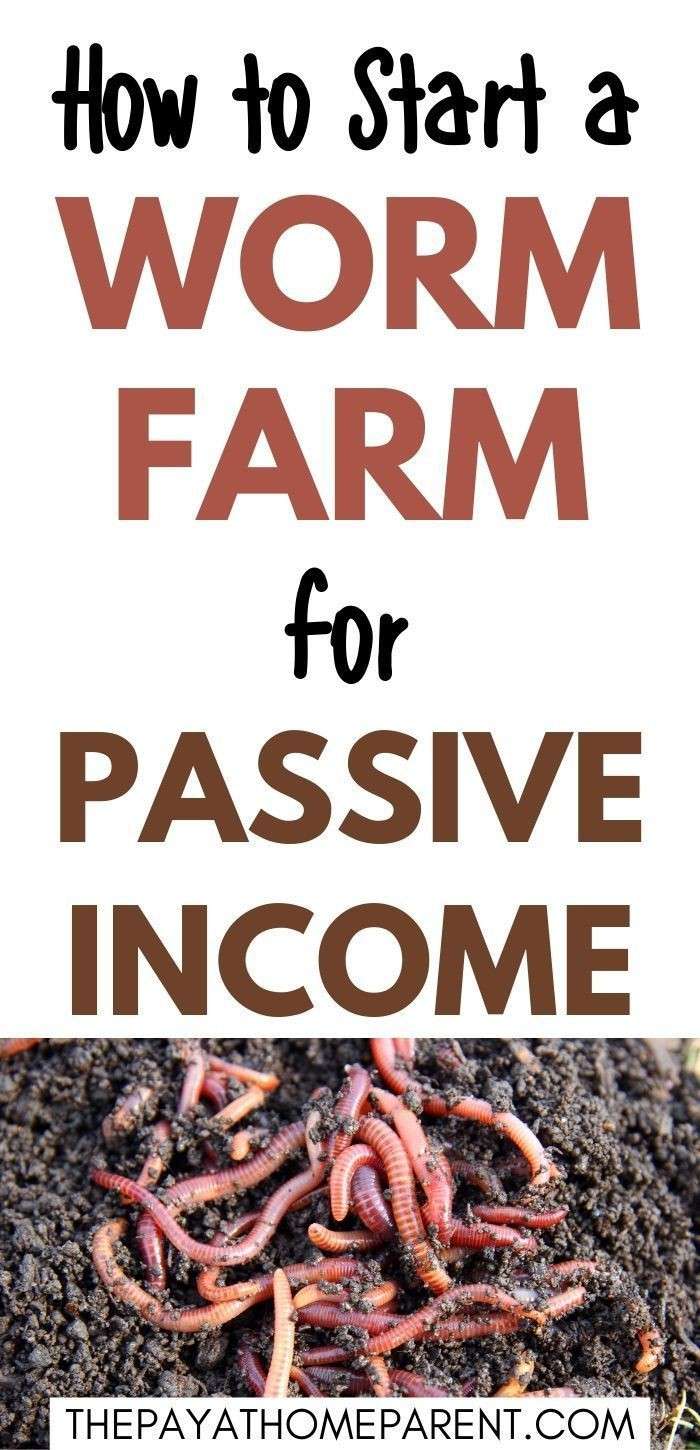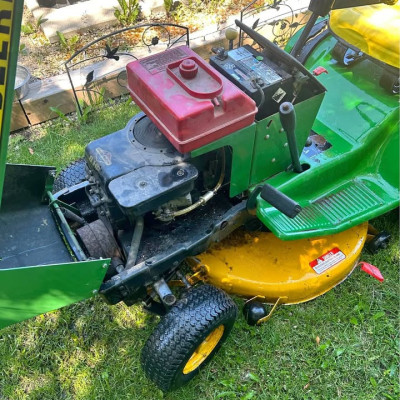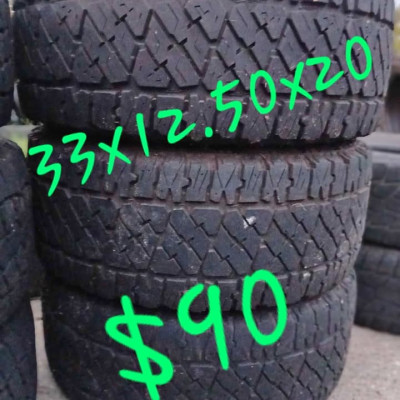Unlock Passive Income: Easy Steps to Start Your Own Worm Farm!
Starting a worm farm is an innovative and eco-friendly way to generate passive income. Not only does it contribute to sustainable living, but it also provides a valuable product for gardeners and farmers—rich, organic compost. Here's a step-by-step guide to help you start your own worm farm and turn it into a profitable venture.
#### Why Start a Worm Farm?
1. **Eco-Friendly Business**: Worm farming helps reduce waste by turning kitchen scraps and organic matter into nutrient-rich compost.
2. **Low Startup Costs**: Compared to other businesses, starting a worm farm requires minimal investment.
3. **High Demand**: Organic compost and worm castings are in high demand among gardeners, farmers, and organic growers.
4. **Scalability**: You can start small and expand your worm farm as your business grows.
#### Steps to Start Your Own Worm Farm
##### 1. Research and Planning
- **Understand Worm Farming**: Learn about the types of worms (such as red wigglers), their habitat requirements, and the composting process.
- **Market Research**: Identify potential customers and competitors. Determine the demand for worm castings and organic compost in your area.
##### 2. Setting Up Your Worm Farm
- **Choose a Location**: Find a suitable location for your worm farm. It can be indoors or outdoors, but ensure it has a stable temperature and protection from extreme weather.
- **Select a Worm Bin**: Purchase or build a worm bin. It can be a simple container with ventilation holes and drainage.
- **Prepare the Bedding**: Use a mix of shredded newspaper, cardboard, and soil to create a comfortable habitat for your worms.
##### 3. Getting Your Worms
- **Purchase Worms**: Buy your initial stock of worms from a reputable supplier. Red wigglers are commonly recommended for worm farming.
- **Introduce the Worms**: Place the worms into the prepared bedding. Give them time to acclimate to their new environment.
##### 4. Feeding and Maintenance
- **Feed Your Worms**: Provide kitchen scraps, fruit and vegetable peels, coffee grounds, and eggshells. Avoid meat, dairy, and oily foods.
- **Maintain the Bin**: Keep the bedding moist but not waterlogged. Regularly add new bedding material and ensure proper ventilation.
- **Harvesting**: After a few months, you can start harvesting the worm castings. Separate the worms from the compost and return them to the bin.
##### 5. Selling Your Products
- **Market Your Products**: Create a brand and market your worm castings and compost to local gardeners, farmers, and nurseries. Use social media and local community platforms to reach potential customers.
- **Offer Workshops**: Consider offering workshops on worm farming and composting to generate additional income and promote your products.
#### Tips for Success
1. **Start Small**: Begin with a manageable size and scale up as you gain experience and demand increases.
2. **Quality Control**: Ensure your compost is of high quality to build a loyal customer base.
3. **Educate Yourself**: Continuously learn about worm farming techniques and stay updated on market trends.
4. **Engage with the Community**: Build relationships with local gardeners, farmers, and eco-conscious groups to expand your network and customer base.
#### Final Thoughts
Starting a worm farm is a rewarding venture that offers both financial and environmental benefits. With minimal investment and a bit of dedication, you can turn kitchen scraps into valuable compost and generate passive income. Follow these steps to kickstart your worm farming journey and watch your business grow.
#passiveincome #wormfarm #ecofriendlybusiness #moneymakingtips #sustainableliving #easystartup #organicfarming #greenbusiness #composting #smallbusiness #entrepreneurship #gardeningtips






